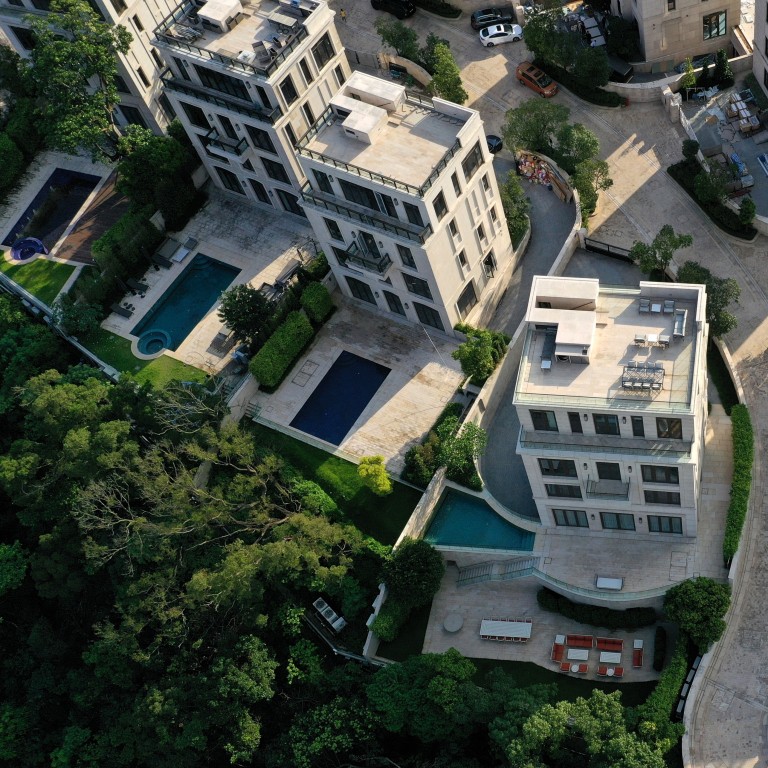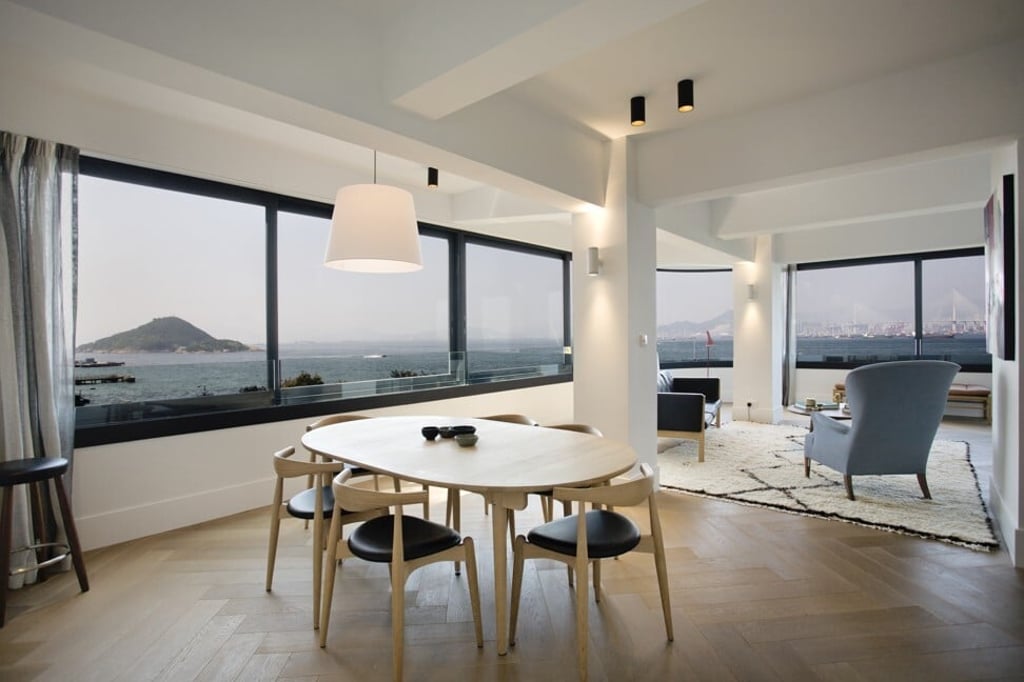How will Coronavirus affect real estate prices – and is it a good time to buy property in Hong Kong?

With the city seeing plummeting new home sales and the market shaken by the ongoing social unrest and Covid-19, is now the time to invest?
Hong Kong is famous for having the priciest real estate in the world, but with continuous protests since June followed by the current Covid-19 health crisis, is the market ripe for the picking? If you ask managing director of Habitat Property, Victoria Allan, the answer is yes, but mostly for those looking at the long-term.

According to Centaline Property Agency, new home sales in March fell 40.4 per cent month-on-month to 594 units, the lowest since December 2018. While the dollar amount of transactions in the first quarter sunk to a four-year low at HK$100.09 billion, Allan says on the ground things have been busy.
“We’re seeing a 20 per cent discount from peak prices before summer last year. Sellers are a lot more realistic which makes it an easier market to buy. When buyers are seeing high-end properties they’ve had their eye on come to market, they’re going to take advantage of the discount especially if it’s for self use. The sentiment is that even if prices haven’t hit rock bottom, it’s a good price for the limited stock we have in this city.”
There’s definitely some attractive buys out there. Allan has a listing in Stanley where the bank valuation is for HK$80 million and the owners are asking for HK$70 million and she feels they will take a bit less than that. “There definitely are properties where the owners are quite realistic and you can pick up things at 10 to 20 per cent below asking price.”

Allan’s been in real estate for 25 years. She started as a valuer and has worked in Chicago, Vancouver, New York, Sydney and now Hong Kong. She also had a hand in property development where she gathered investors and redesigned the Tung Fat Building in Kennedy Town into a New York-inspired, loft-styled living space. The global property expert opened Habitat Property agency in 2001, right before the Sars outbreak.
There are a lot of fundamental differences between what happened to the city during Sars and now.
A lot of people are looking to see if prices in the city will drop to the extent of the last pandemic, Allan thinks that it is not likely.